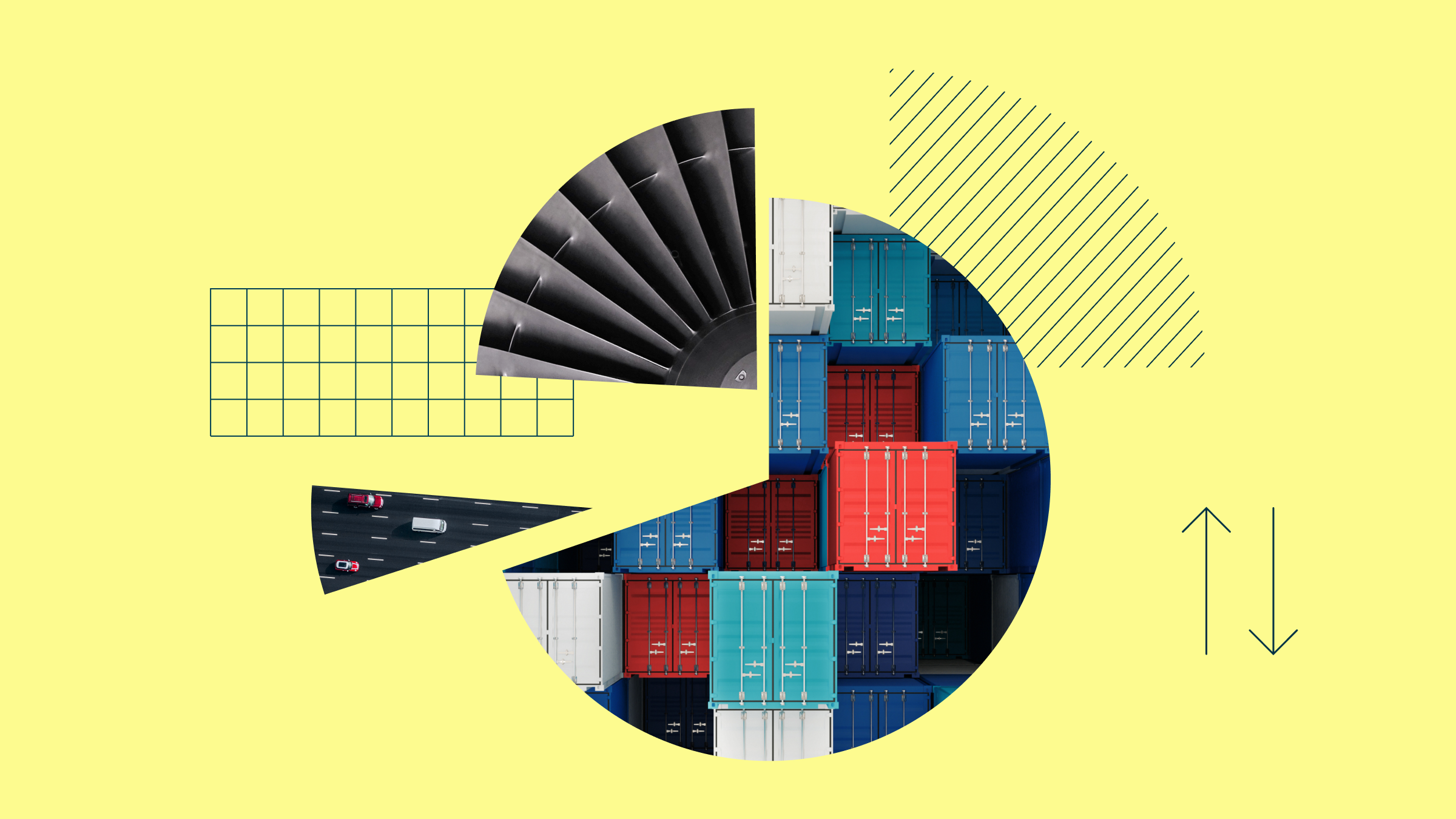Morningstarin toimittaja Jeremy Glaser ja osinkosijoittamisen analyysiä johtava Josh Peters keskustelevat Warren Buffettin yhtiön osinkopolitiikasta tällä videolla. Petersin mielestä Buffettilla on osinkojen välttämiselle hyvät perusteet mutta useille muille yhtiöille osinkojen jakaminen on parempi vaihtoehto kuin rahan jättäminen yhtiöön osakkaiden kannalta.
Jeremy Glaser: For Morningstar, I'm Jeremy Glaser. In Warren Buffett’s annual letter to shareholders, he explained why Berkshire doesn't pay a dividend and why he doesn't expect it to pay dividend anytime soon. But is this advice good for other companies, as well? I'm here with Josh Peters. He is the editor of Morningstar DividendInvestor. He is also the director of equity-income strategies at Morningstar.
Josh, thanks for joining me.
Josh Peters: Good to be here.
Glaser: So, what was Buffett's case for not paying a dividend?
Peters: Well, he talked about dividends in the framework of capital allocation for Berkshire as a whole, which is definitely the right way to characterize it. And he talked about having four basic sets of opportunities to deploy the company's earnings and cash flow. The first is internal reinvestment opportunities, the opportunities to add on to, say, MidAmerican Energy assets, or the rail lines and railcars at Burlington Northern, or open more shops for See's Candies, all the classic, sort of, Buffett names. Those tend to be very high-return opportunities because they are inside those companies existing circles of competence and competitive advantages. You might get very high returns on tangible capital, certainly double digits or maybe even better. The problem is that you can only shove so much money into that area. There is really finite amounts of growth there.
So, the second in his capital-allocation priority list is acquisitions. Now, it's the number two priority for lots of other companies, too, but you got to remember, this is Warren Buffett we're talking about here. He doesn't buy companies because he's looking to build an empire or consolidate an industry. He is looking at it from the standpoint of an investor. He is only going to pay what a company is worth or less than what he thinks a company can be worth to Berkshire in the long run, whereas a lot of other companies, when they make acquisitions, most of them destroy shareholder value in the process. I would rather prefer companies put dividends ahead of acquisitions.
The same thing with share buybacks; Buffett lists that third. And again, he is very, very disciplined; he is only going to pay up to 1.2 times book value. If the stock trades above that, he says he is not going to buy back shares. Most companies, they buy back shares when they have lots of cash. When do they have lots of cash? When times are good. What happens when times are good? The stock price is high, and then the stock price comes back down because earnings dry up and the share buybacks shut off. You can just kind of trace the trend of share buybacks in the market against stock prices. They are high when prices are high, and then they fall off a cliff when stock prices fall off a cliff.
Again, Buffett has got the discipline, I think, to do well with a share-repurchase plan. Other companies just don't really have that track record. Then, in this process, Buffett still feels like he can deploy all of the company's earnings into internal reinvestment, acquisitions, or buybacks, and he doesn't need to pay a dividend. Most companies, I think they need to put that dividend ahead of acquisitions and share repurchases.
Glaser: So Buffett really is an exception there, not a model that other companies should be trying to follow?
Peters: Yeah, definitely. In my cover story [in a recent issue of DividendInvestor], I point out that Hewlett-Packard could be argued to have a very similar capital-allocation priority list to Berkshire, say, over the last 10 years. The company spent some money on internal reinvestment. Then they made huge acquisitions. They bought back a ton of stock, and then while paying a little dividend, it was tiny. It was kind of an afterthought. That's the same order rank of priorities as for Berkshire Hathaway, but the results couldn't be more different. Hewlett-Packard has been a disaster because it really isn't so much the prescription as the doctor who's writing it that determines whether or not it's successful.
Glaser: So Buffett did say, however, that even though he doesn't pay a dividend, if you want to own Berkshire, but also want income, maybe it makes sense just to sell a small portion of your Berkshire shares. He laid out a mathematical example of how this would work. Would that be feasible then for investors in other companies, which maybe didn't want to pay dividends to their investors, to sell off some shares for cash?
Peters: I’m not even quite sure it's feasible for Berkshire, to be honest. I mean, he laid out that mathematical example using assumptions that he thinks things are fair for Berkshire. But just one of those assumptions, his price/book value assumption, you can change it, not very much, from 1.25 times book to 1.00 times book, and all of a sudden the same math shows that shareholders would actually be better off receiving a dividend as opposed to being on a sell-off plan.
The other thing you have to remember is that a sell-off plan is basically dollar-cost averaging in reverse. And you remember dollar-cost averaging, where you put a fixed amount of money into the market every month, say, in a 401(k) plan, you are going to be buying shares. You are going to wind up with a lower average cost and higher returns mathematically than the average price of the stock and average return of the stock over that period. It's just one of those nice little tricks of math that automatically work for you when you're buying.
Once you move into distribution mode, income collecting, harvesting mode, then any volatility in the share price actually works against you because you sell that many more shares to fund a certain withdrawal when prices are low than when they are high. So, just that basic structure of a sell-off plan versus a dividend--which, hopefully, if you pick the right companies, will be stable and increasing and you don't have to worry whether the price is up or down--I think that makes dividends still much more compelling for shareholders in other companies as a way to receive income from their equities.
Glaser: Buffett, of course, receives plenty of income from a lot of the companies that he owns. Is that an admission that he really is the only one who could execute this strategy and that other companies really shouldn't try to replicate that asset allocation?
Peters: Well, he was very careful not to criticize the dividend policies of the companies he owns, especially his big four: American Express, Coca-Cola, International Business Machines, and Wells Fargo. Wells Fargo and Coke are two companies that, I think, have very good dividend policies, and then I like Wells Fargo. I even own it right now; I think it's a buy. But he's talked in previous shareholder letters over the last couple of years about IBM and how much he likes IBM repurchasing shares. IBM yields less than 2%. They do tend to raise their dividend every year, but the dividend really is not a priority for them. And I think that reflects part of Berkshire's structure, as well. One, Buffett is usually looking for ways to find businesses that create value while consuming cash because of how much cash he has coming in to deal with all the time. He doesn't want every business to be generating and every investment to be generating the maximum amount of cash flow. He’d like some of it to go back to work in those companies automatically.
But more importantly, Berkshire by being another corporate taxpayer in the chain between a company's business and the ultimate shareholder, the profits of the ultimate business might be taxed three times. If you buy a can of Coke, there is a profit, but Coca-Cola is going to pay tax on that. If it goes into a dividend, then Berkshire pays tax on that dividend, and then again the return would be taxed at the level of a Berkshire shareholder. So, I think he finds it more tax-efficient, because of Berkshire's structure, to perhaps look at companies that don't pay dividends that are as generous, whereas for shareholders who are looking at needing a regular stream of income, typically if you're making withdrawals from a portfolio, you're going to be paying taxes anyway, so it's much less important how that income comes around for tax purposes. It's "Are you going to get the income at all, as opposed to capital gains that come and go?"
Glaser: It sounds like this is a case where most management teams will be better off, or investors will be better off, not heeding the Oracle of Omaha's call against dividends?
Peters: Yeah. There is so much in Buffett's work as an investor and a businessman that’s just universally applicable. But in this one instance, I think his discussion about dividends, his position on the payment of dividends, really should only be taken as applying to Berkshire Hathaway as a company and to most Berkshire shareholders, very few of whom, I think, have bought the stock in anticipation of the dividend that's not being paid. Elsewhere, I used this line as a title for my DividendInvestor cover story, In Buffett We Trust, All Others Pay Cash. If it's Warren Buffett that's running the company and allocating the earnings, it's fine to not have dividend. If it's anyone else, then I think the dividend really needs to be a top priority for management and for the shareholders.
Glaser: Josh, thanks for joining me today.
Peters: Thank you, Jeremy.
Glaser: For Morningstar, I'm Jeremy Glaser.



















